What Type Of Implant Is Best For Me?
Dental implants come in different sizes, heights, shapes and types. Dr. Bramanti, Fresno’s Board-Certified Dental Implant Expert can help you determine which dental implant options and techniques are best for you, depending on your specific needs. A comprehensive exam and evaluation of your condition with appropriate dental imaging, are essential to providing you with all treatment possibilities and affordability of each.
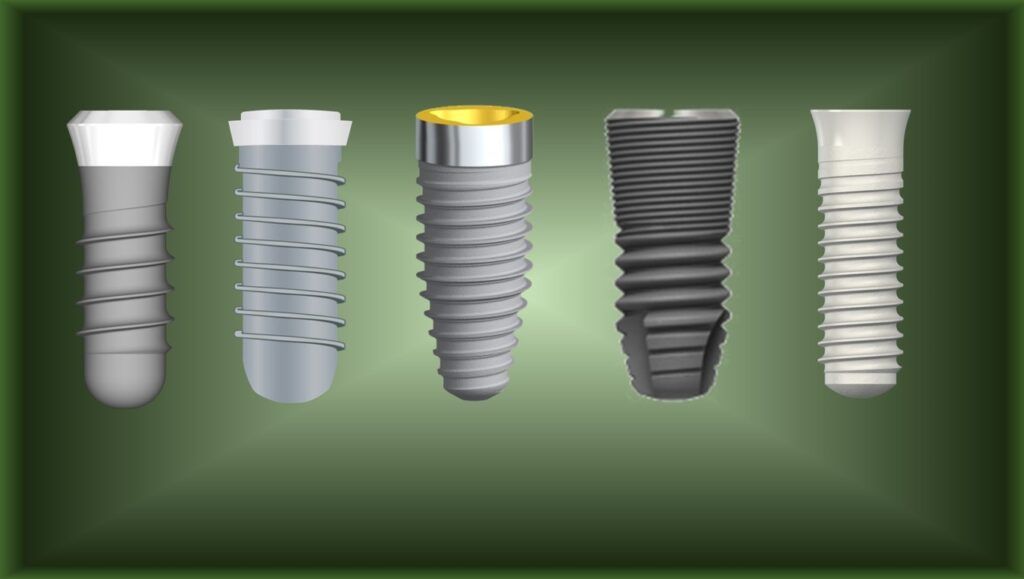
Delivering the highest quality dental implant dentistry in a caring, compassionate environment is Dr. Bramanti’s primary approach to restoring your health. It is his belief that you are entitled to optimal dental health and the advanced care that only time, effort, and meticulous attention to detail can provide.
Dr. Bramanti and his staff look forward to demonstrating their total commitment to your dental implant health and comfort! We strive to make your visits with us as comfortable and as pleasant as possible. We strongly believe that your comfort is an important part of quality dental care. We are ready to listen to your questions and concerns and to help provide solutions leading to dental implant health, function and beauty that last a lifetime.
Endosteal Dental Implants
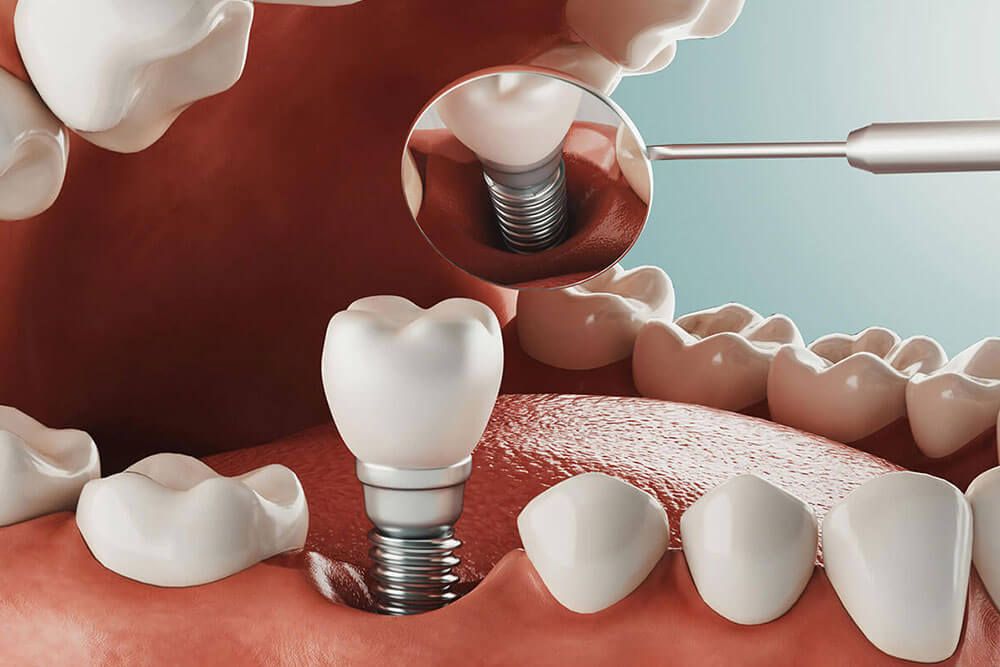
Endosteal (which means within the bone) dental implants are placed into the jawbone and are completely surrounded in bone. Typically made of hardened titanium and shaped like root-form screws, they are the commonly used type of dental implant. Endosteal dental implants are the most successful medical device ever placed in humans.
Dr. Bramanti only uses dental implants that have a proven scientific record of success in humans for over 40 years. Having placed over 18,000 dental implants in his clinical career, Dr. Bramanti brings an unmatched clinical expertise, experience and superb record of dental implant success spanning almost 40 years.
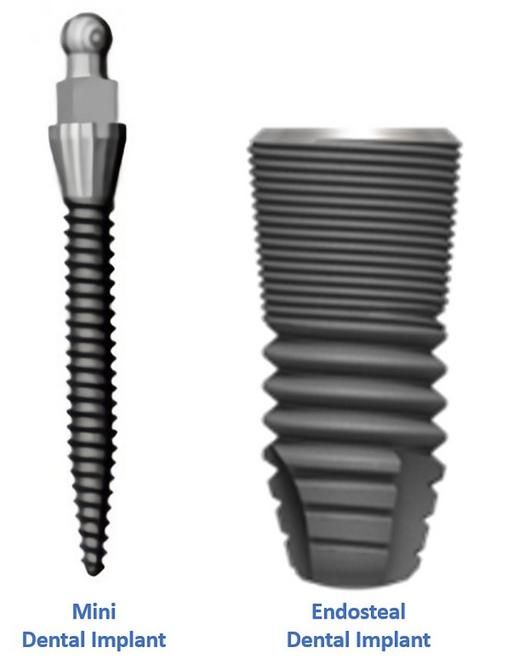
Mini Dental Implants (toothpick dental implants)
Mini Dental Implants are narrow toothpick-sized dental implants which are narrower and weaker than most commonly used endosteal dental implants. They are placed through less-invasive techniques and are used primarily to stabilize a lower denture or bridge. Mini Dental Implants have a short lifespan as they tend to fail quickly (within a few months to a few years) due to adverse bite loading and infection. The Mini Dental Implants are just too narrow and weak in structure to support the normal bite forces placed on a denture or bridge.
Although Mini Dental Implants are promoted as a cheaper alternative to endosteal dental implants, your investment in them is short-lived and lost due to the high level of Mini Dental Implant failure, fracture and patient frustration. Dr. Bramanti cautions you not to choose this path for denture or bridge stability. Endosteal dental implants are the proven standard for lifelong success.
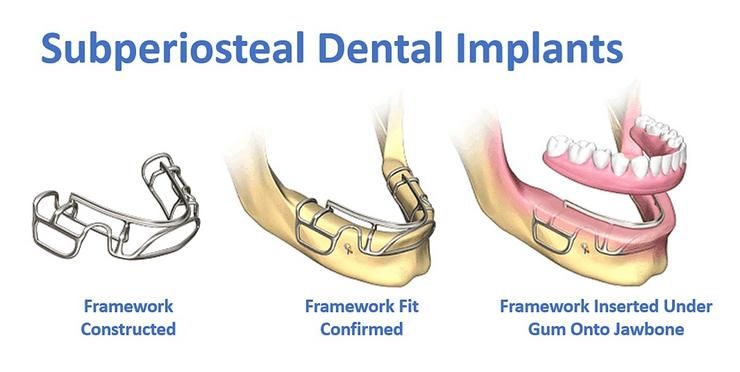
Subperiosteal (under the gums)
Subperiosteal dental implants are a metal framework placed under the gum, fitted to the jawbone. This type of framework implant has been used in the past in patients who do not have enough healthy natural jawbone and cannot, or do not want to, undergo a bone augmentation procedure to rebuild it. Subperiosteal dental implants were originally placed because endosteal dental implants were not yet available in this country. Unfortunately, subperiosteal dental implants generally have a short lifespan and frequently fail due to exposure and infection.
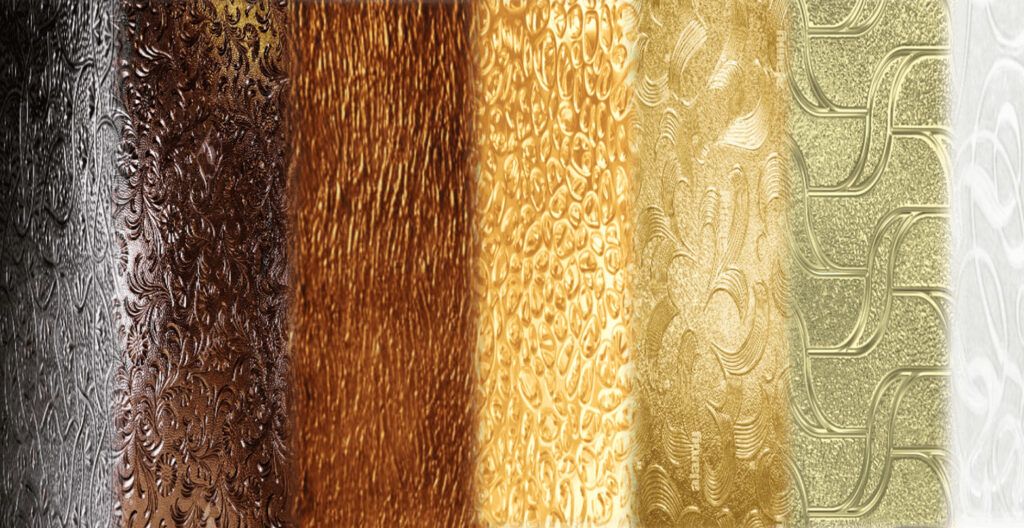
Be assured
- You will always receive the highest quality care and treatment.
- You will always have access to appropriate, state-of-the-art advances in dental service, dental imaging, and the latest advances in dental implant therapy.
- Dr. Bramanti will provide you with a thorough understanding of your current condition, how you ended up there, the treatment possibilities that are aligned with and meet your health goals, and the implications of the treatment decisions available to you.
- You will always have the time and place to voice your thoughts and concerns – and Dr. Bramanti will do his absolute best to ensure your concerns are answered in a timely and compassionate manner.
- You are the reason this practice exists. Dr. Bramanti’s primary goal is to help you make an informed and affordable decision that supports your well-being and comfort.
Non-Metal Dental Implants
Dental implants made of titanium metal are considered a gold standard in implant dentistry due to their exceptional mechanical properties. Titanium has been the most popular material of choice for dental implantology over the last 70 years. Its properties have been found to be most suitable for the long-term clinical success of implant treatment.
Recently, a ceramic-based material called zirconia is slowly emerging as one of the materials which might be a suitable dental implant heralded as metal-free.
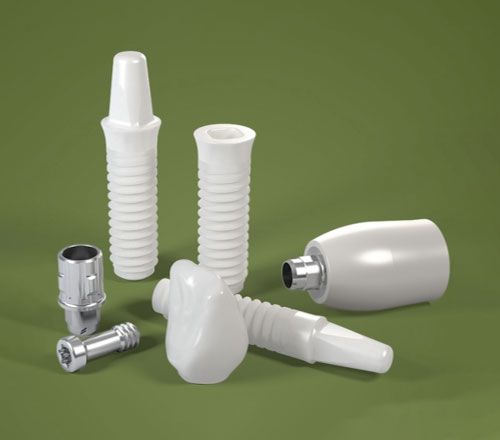
What Is Ceramic/Zirconia?
The entry of zirconia is a great advance in the dental implant market as a promising ceramic material with good mechanical properties, high biocompatibility and excellent esthetics. Zirconia polycrystal has proven to be an attractive alternative to titanium as it exhibits more significant corrosion and wear resistance, an excellent flexural strength, and sufficient compressive strength to withstand lighter bite forces.
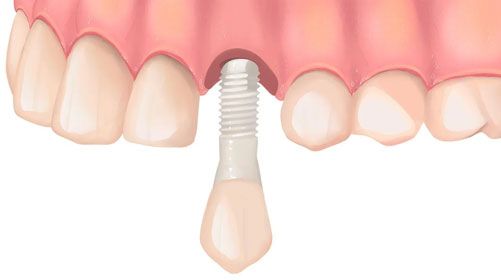
Is It Biocompatible?
The biocompatibility of a dental implant material depends on its chemical, physical, and structural properties that may influence the cell response at the tissue-material interface. Roughened Y-TZP was found to be an appropriate substrate for the proliferation and spreading of osteoblastic cells. When compared to titanium surfaces, the zirconia surface showed increased fibrinogen adsorption, platelet adhesion, activation, and thrombogenicity. A higher degree of soft tissue integration around the ceramic implant than titanium has been observed.
What If I Am Allergic To Metals?
Medical experts regard titanium to be safe and the most biocompatible metal known to humanity, being used for over 80 years. Allergies to titanium are uncommon but represent a real possibility that should not be overlooked. Individuals who have already been diagnosed with allergies to other metals may be more predisposed to suffering an allergy to titanium. However, people with metal allergies typically do well with titanium dental implants. If you are hesitant or concerned, Dr. Bramanti can provide you with an alternative such as ceramic dental implant.
If you know beyond a doubt that you have a specific allergy to titanium, discuss alternatives such as zirconia or ceramic dental implant designs with Dr. Bramanti. Ceramic and zirconia contain certain types of metals, so you’re still not receiving a 100% metal-free dental implant. If your goal is to avoid any and all metals at all costs, then a dental implant may not be right for you.
Is It Clinically Proven?
Ceramic dental implants have rapidly demonstrated numerous benefits:
- Excellent esthetic results
- Better soft tissue response
- Surfaces that strongly bond to bone
- Non-metal dental implant alternative
Ceramic implants also have numerous limitations:
- Primarily used to replace front teeth
- Breakage can occur with extreme bite pressure
- Unknown if it will survive under decades of sustained load
- Can overheat the bone during implant placement
- Does not heal if gums or bone are inflamed/diseased
- Contains certain types of metals: not 100% metal-free
Bottom Line
Which ever dental implant type you choose or desire, Dr. Bramanti will help you make the best decision for your overall health.
Dr. Bramanti is committed to providing you with the highest quality and clinically proven dental implants. The dental implant possibilities offered by Dr. Bramanti are customized to address your unique dental needs and improve your dental health.
Dr. Bramanti is ready to listen to your questions and concerns and to help provide solutions leading to dental implant health, function and beauty that last a lifetime.
Before you decide on any treatment option, you should consult with Dr. Bramanti to learn more about which option is right for you.
Use Of Ceramic Dental Implants
Ceramic dental implants have become a more and more popular treatment option but clinically there is not enough data to confirm the long-term sustainability of zirconia dental implants.
However, there is sufficient clinical evidence to confirm that ceramic implants can be considered a safe and predictable treatment alternative. One must also consider that the overall cost of ceramic dental implants is higher than titanium implants. This is because the manufacturing process is very expensive and there are more steps to consider when placing ceramic dental implants, compared to titanium implants.
The unknown properties of ceramic dental implants are whether they will break over time under sustained loading, resulting in the loss of your health investment.
The longest clinical studies has reported survival and success rates of only 93-97% after just five years. Titanium dental implants have been shown to be durable and stable under high loads lasting for a lifetime with greater than 98% success over 30 years.
